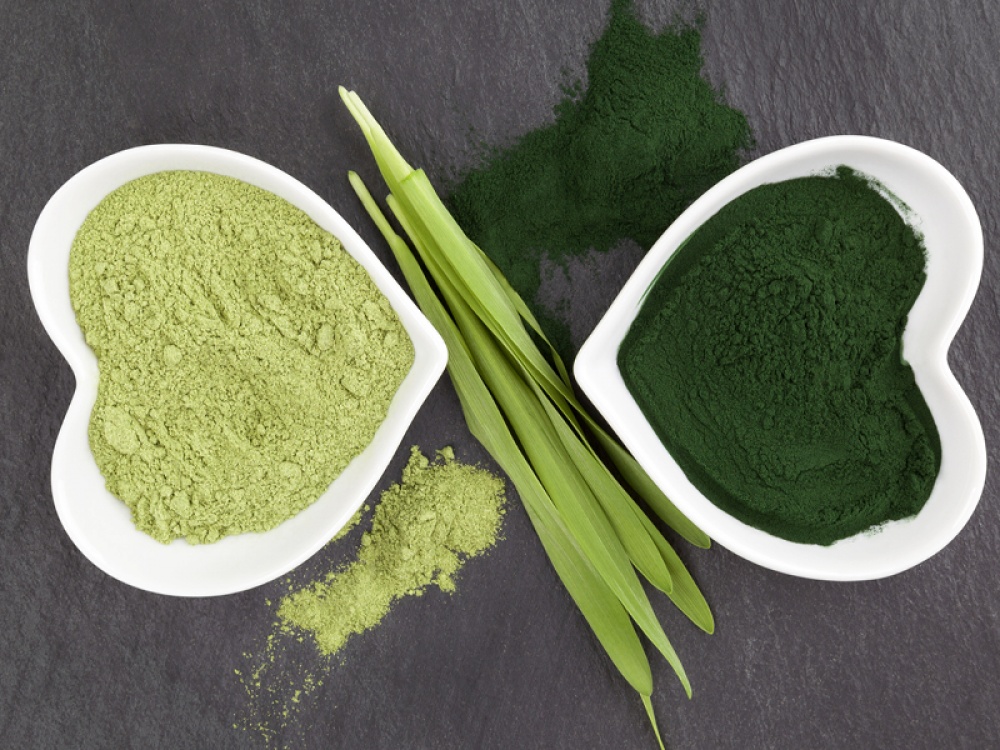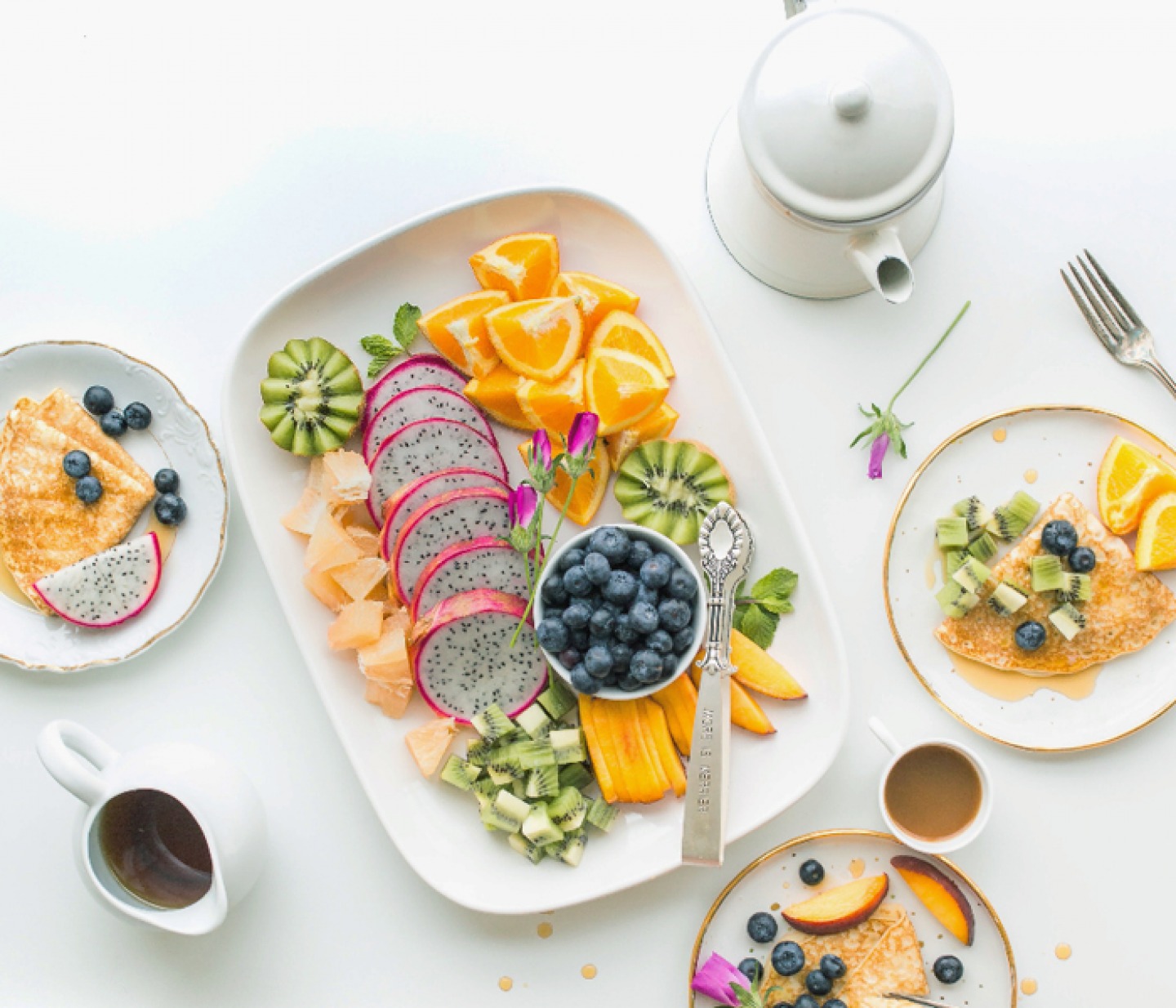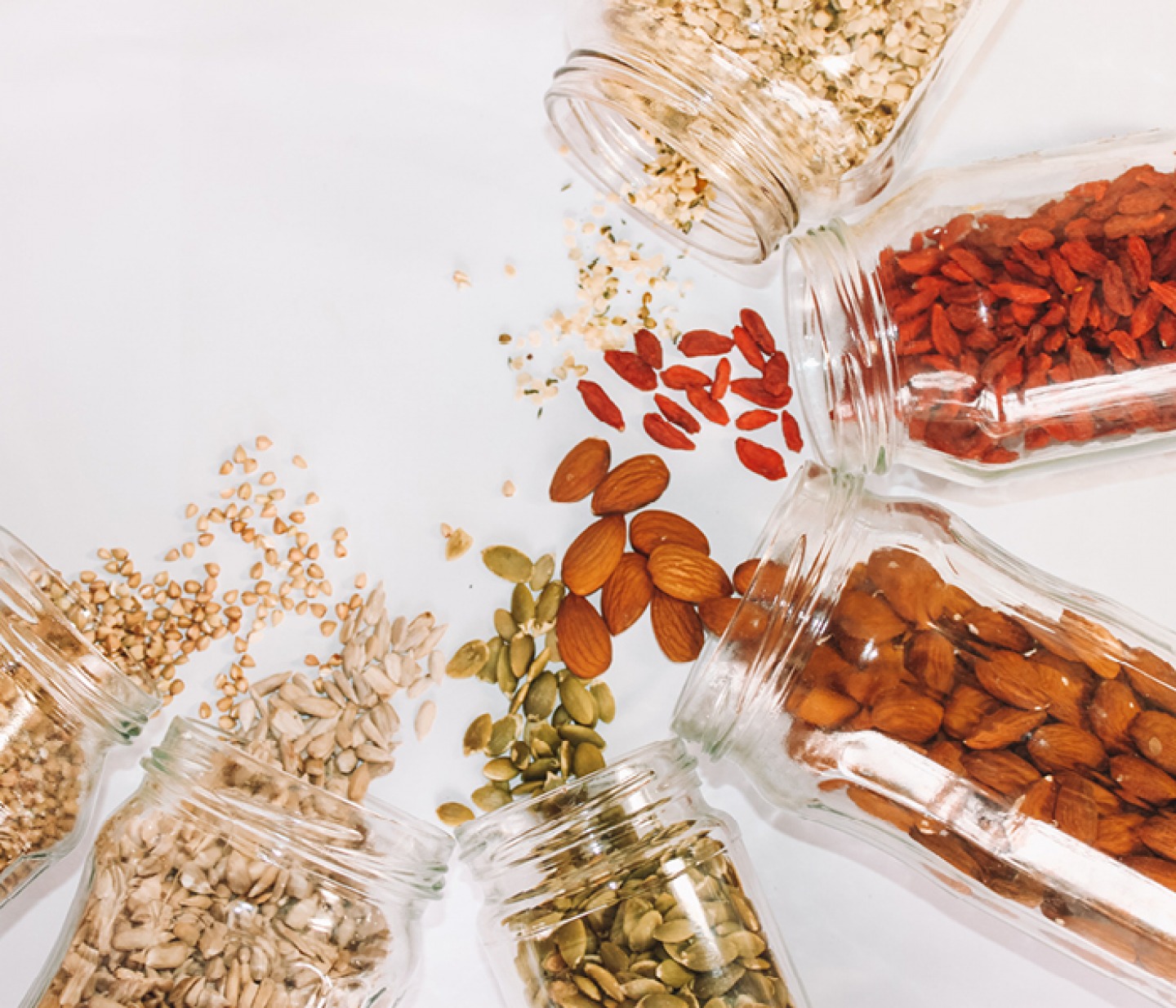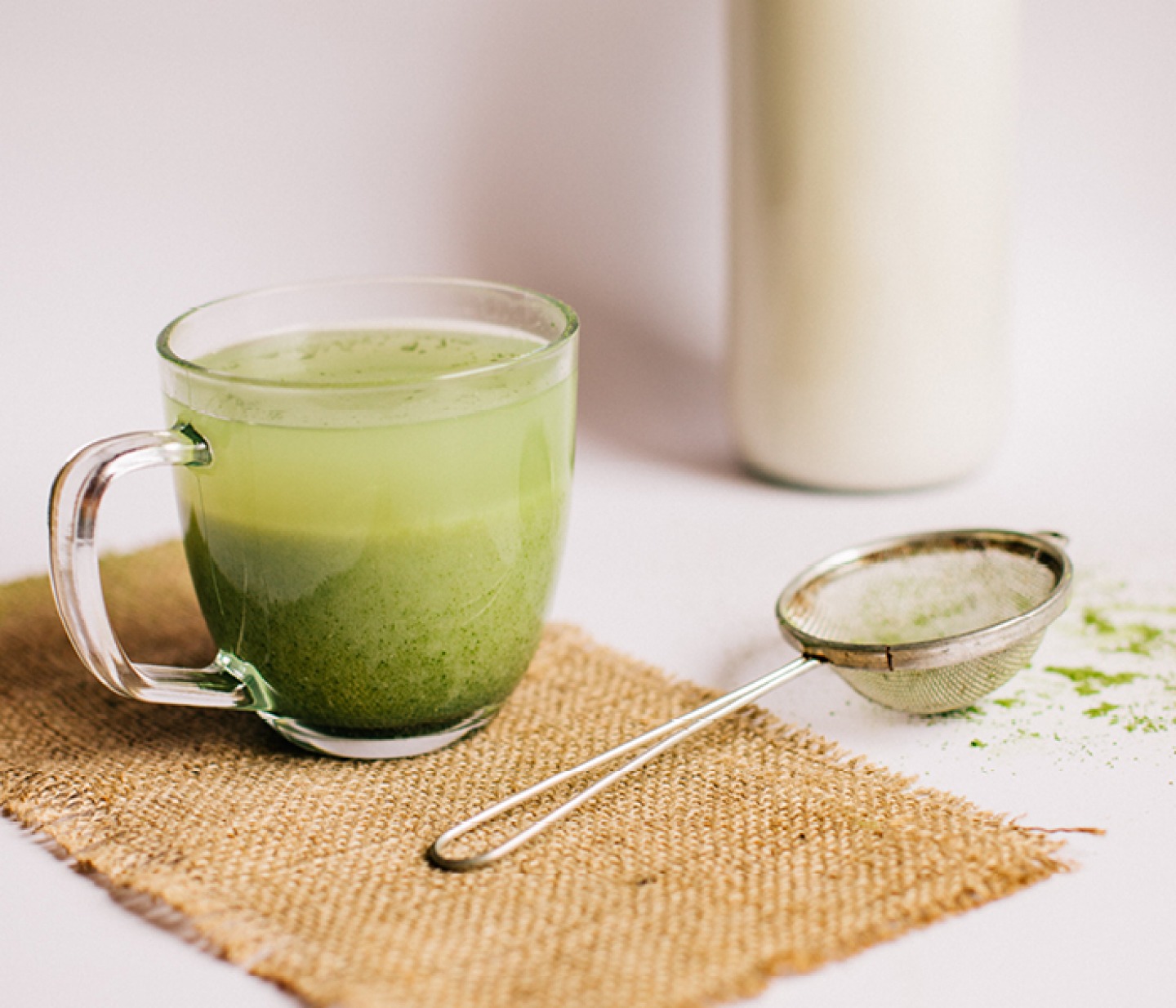Give Yourself a Boost This Winter

Winter is here and we know what that can mean for our health; colds, flu and Covid
GO TO SEEDS
Sunflower seeds are good for boosting immunity. A good source of vitamins B6, and E which has anti-inflammatory properties, they are good for your heart. They also contain manganese and phosphorus for bone health; selenium, which helps protect cells from damage; and copper needed to make connective tissue and help increase your immune system function. Flaxseed, or linseed, is good for your digestion and research has shown that it can help increase your metabolic rate to help reduce obesity which is such a critical factor in our health, and in the fight against Covid-19. A daily dose of flaxseed can reduce cholesterol and blood pressure too.
Increasingly popular, chai seeds help control blood sugar levels and can assist with weight loss. Studies have shown that a daily chai seed fix can help improve insulin sensitivity and stabilise blood sugar levels after eating. It is thought that chai seeds can help weight loss as they increase the body’s levels of adiponectin, a protein involved in the breakdown of fat. It’s been well documented how the mild sedative effect of poppy seeds can help with sleep, but they also contain good levels of fibre for gut health, potassium for bone strength, and manganese for blood clotting, together with zinc, copper, phosphorus and anti-oxidants which help protect your body from cellular damage. Poppy seed oil is especially rich in omega-6 and omega-9 fats and contains small amounts of essential omega-3 – all beneficial for heart, and skin health. Sesame seeds are high in protein (20 percent) but they also contain zinc, iron, calcium, magnesium and vitamin E, which all help heart health. If you suffer from hypertension, the addition of sesame seeds to your diet can help heart function and blood pressure.
ADD PROTEIN
It’s not just about meat and eggs – plant-based proteins can help fill any nutritional gap if you are veering away from animal products. Legumes, nuts, seeds and grains are all protein-rich and are easily added to any diet. It is recommended you consume around 46 grams of protein per day for the average sedentary woman, and 56 for the average male.
ADD VITAMIN C
Vitamin C helps build up your immune system and is thought to increase the production of white blood cells, which are central to the immune system and key to fighting off infection. Almost all citrus fruits are high in vitamin C, as are fruits such as papaya and kiwi, and vegetables such as spinach and broccoli, but as your body can’t produce it, or store it, you need a daily dose in your diet. The recommended dose is 75mg for women and 90mg for men.



GO GREEN
Both green and black teas are packed with flavonoids, a type of antioxidant, but green tea contains high levels of EGCG – a powerful antioxidant shown to improve all important immune function (the fermentation process of black tea destroys a lot of the EGCG). Green tea is also a good source of L-theanine, an amino acid thought to help protect cells from damage.
Spirulina is loaded with antioxidants and nutrients (so much so it is NASA approved for use by astronauts in space). A type of cyanobacteria, often referred to as blue-green algae, one tablespoon of spirulina powder contains: protein (four grams), vitamins B1, B2 and B3, copper and iron, together with decent amounts of magnesium, potassium and manganese.
An anti-inflammatory and antioxidant, it helps with everything from reducing bad cholesterol to reducing blood pressure and helps control blood sugar levels. A cousin to spirulina, the freshwater algae chlorella is nutrient-dense. A complete source of protein, it contains all nine essential amino acids, making it a great protein-boost for anyone on a plant-based diet.
EAT GARLIC
It’s not just for flavour, garlic slows down the hardening of the arteries and it is valuable in helping to fight infections thanks to its high concentration of allicin which contains sulphur, and transforms into other compounds which are beneficial to your white blood cells, helping them chase down and fight off pathogens.
GO NUTS
Vitamin E is often overlooked in favour of vitamin C when it comes to fighting off infection, but it is a powerful antioxidant and key to a healthy immune system. It’s fat-soluble, therefore it requires the presence of fat to be absorbed properly, which is where nuts come in. Almonds are packed with vitamin E and also contain healthy fats. Just a handful contains a significant amount of your required daily dose of 15mg.
DON’T FORGET VITAMIN D
We all need extra vitamin D, vital for regulating the immune system and boosting our body’s natural defence against diseases. It is also vital for our mental health but sadly, here at home we don’t get enough vitamin D on a daily basis. Vitamin D is found in fatty fish and fortified cereals but importantly it is formed by us in response to sunlight. And therein lies the problem. Most of us are either low in, or deficient in vitamin D so a supplement may be necessary (10mcg).
PICK PURPLE
Purple fruit and veg have powerful properties. They’re packed with anthocyanins, help with cholesterol levels, boost mental function and stave off high blood pressure by releasing anti-inflammatory compounds that help with blood flow. Anthocyanin-rich foods include blackcurrants, blueberries, blackberries, red cabbage and even purple carrots.







